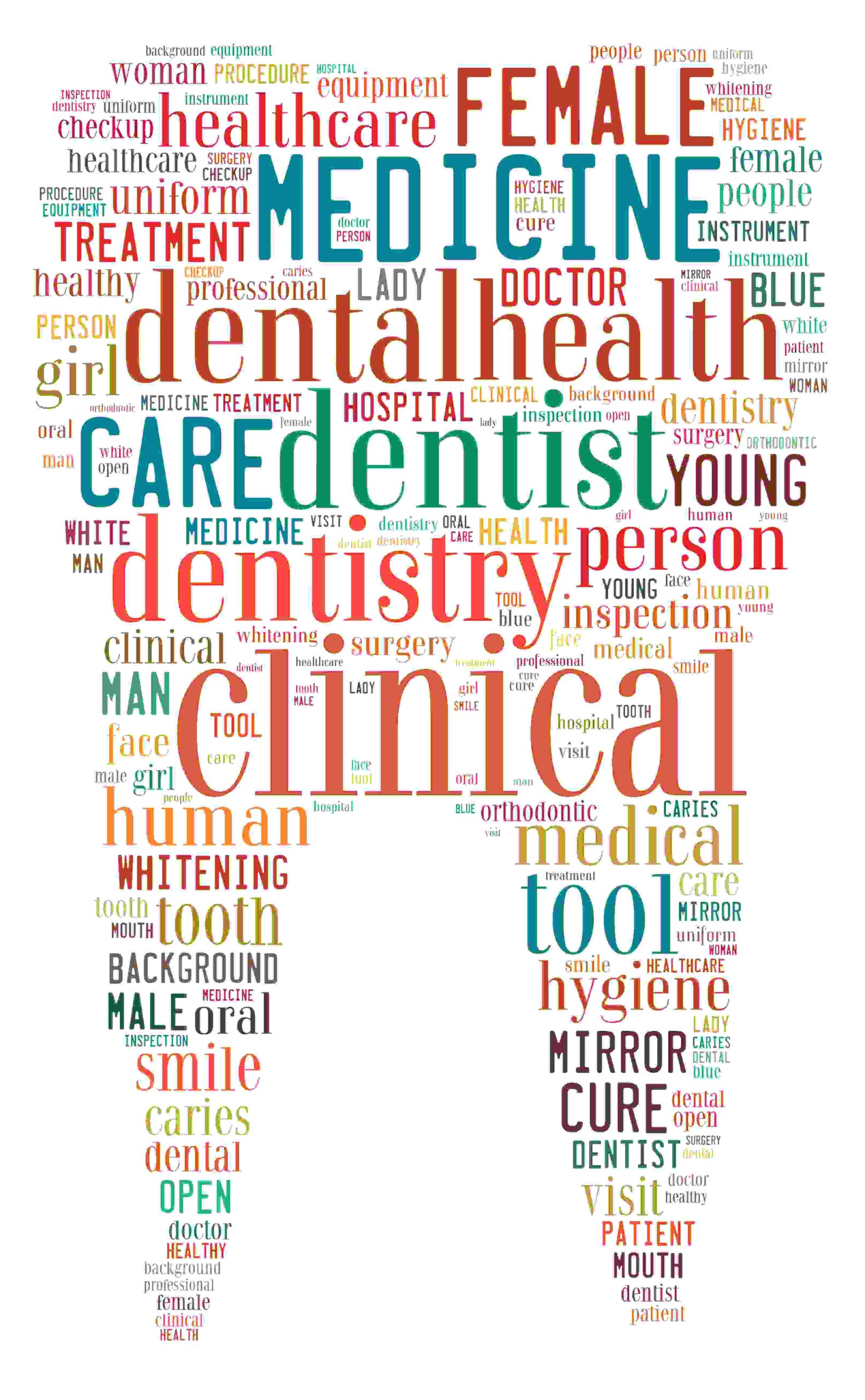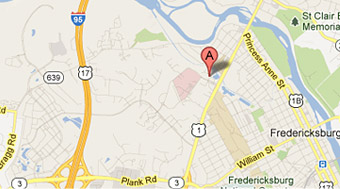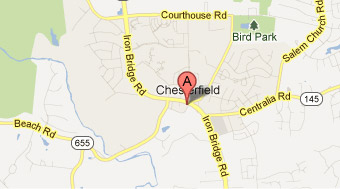What Is Dental Surgery?
 Dental surgery is a broad term that refers to a broad range of medical procedures that involves the gums and teeth. These include root canal, implants, and wisdom tooth extraction. Out of the different dental surgery procedures, perhaps the most common is wisdom teeth removal. In this article, we’re going to talk more about removing your wisdom teeth so you can be prepared.
Dental surgery is a broad term that refers to a broad range of medical procedures that involves the gums and teeth. These include root canal, implants, and wisdom tooth extraction. Out of the different dental surgery procedures, perhaps the most common is wisdom teeth removal. In this article, we’re going to talk more about removing your wisdom teeth so you can be prepared.
Wisdom teeth removal is a little different from removing ordinary teeth in that you may sometimes need to do it inside the surgeon’s office and have yourself injected with anesthesia to do it. This is especially true if you’re having all of your wisdom teeth removed all at the same time, or if you have a real fear of the dentist’s chair.
How is it done? First, the dentist will open up your gum tissue and clean up any bone and debris that’s covering the wisdom tooth. Once the gum is opened, the dentist might then decide whether to extract the tooth whole or to cut it into smaller parts so that it’s easier to remove.
Once the wisdom teeth removal is done, your oral surgeon may stitch it. There are two different types of stitches – the ones that dissolve with time and the ones that need to be removed a few days later.
Recovery from wisdom teeth removal, like any other dental surgery procedure, usually takes a few days and you might need to take painkillers to number the pain. In order to speed up your recovery, just keep in mind the following tips:
1. Do not lie flat so you don’t prolong the bleeding.
2. Put an ice pack on your during the first 24 hours.
3. Relax. Strenuous activity actually increases the bleeding.
4. Eat soft foods and gradually add solid items to your menu as you heal.
5. Do not use straw for drinking. Sucking with a straw can loosen a blood clot and thus delay healing.
Healing Tips From Dental Surgery
Wisdom teeth removal is often associated with pain, however, you can ease the pain and the swelling by rinsing with saline solution several times a day on the first day after surgery. If you’re a smoker, quit the habit for at least one day. The puffing can actually loosen the clot and delay healing. Also, since smoking decreases blood supply, you’re putting your gums at risk of germs and contaminants.
As you can see from above, the process of extracting your wisdom teeth and recovering from it is a painful dental surgery procedure. But sometimes you will need to do it. Your doctor would recommend it to correct an actual problem or to prevent a future problem.
Problems with wisdom teeth usually happen if your jaws are not large enough to accommodate the growth of your teeth. Wisdom teeth can also cause a gum infection. Sometimes the tooth may never break through the gums (impacted tooth) and cause a flap of gum tissue to grow over it. When this happens, food and germs can get trapped and cause an infection.
Having an impacted teeth can damage other teeth or cause damage to the bone. It can also cause a cyst to grow.
Most wisdom teeth problems start to develop between 15 to 25 years old. The bad thing about having your wisdom tooth removed is that dental insurance companies usually do not cover them and you may need to pay for the procedure from out of your pocket.




